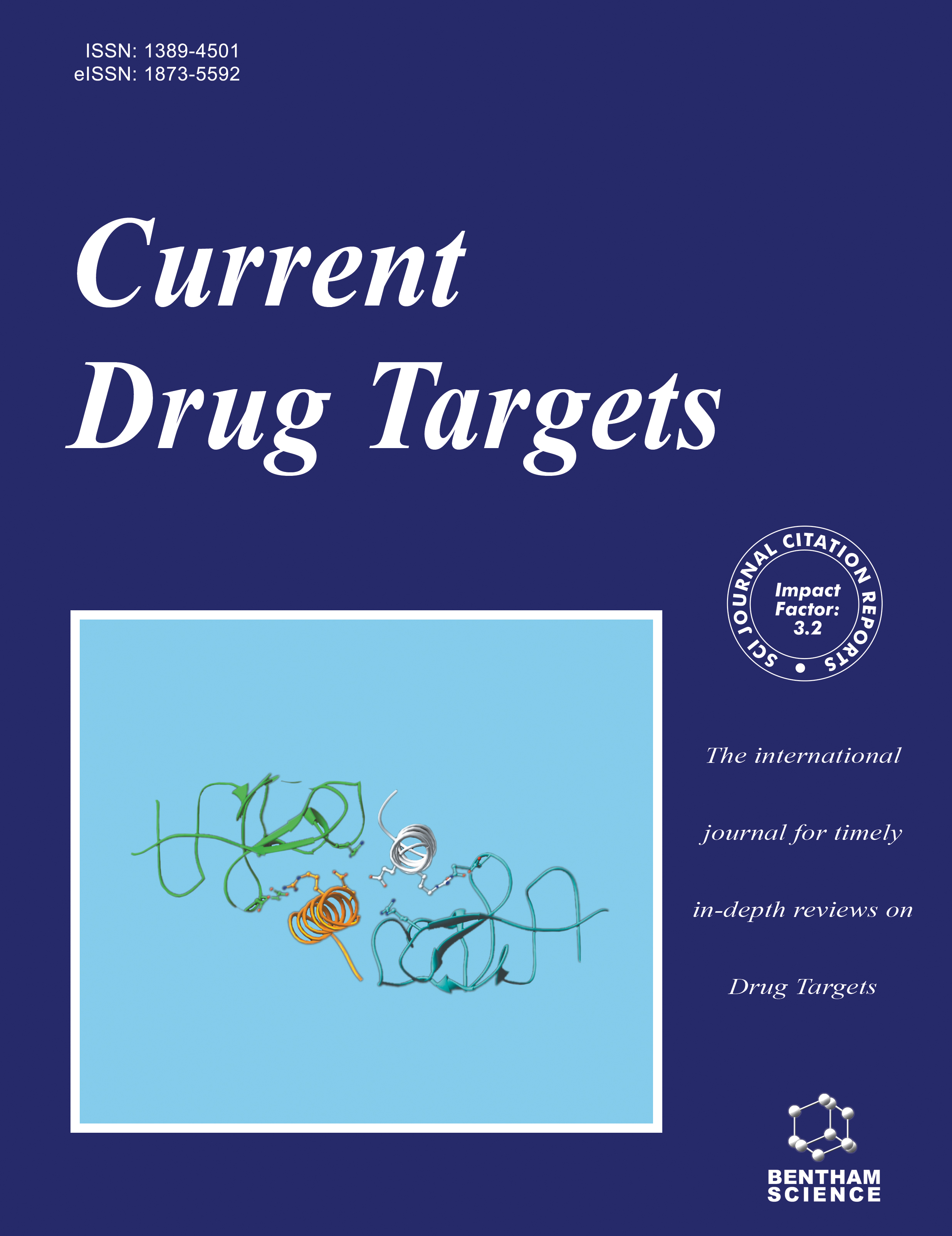-
s Acute and Chronic Stress-Induced Disturbances of Microglial Plasticity, Phenotype and Function
- Source: Current Drug Targets, Volume 14, Issue 11, Oct 2013, p. 1262 - 1276
-
- 01 Oct 2013
Abstract
Traditionally, microglia have been considered to act as macrophages of the central nervous system. While this concept still remains true it is also becoming increasingly apparent that microglia are involved in a host of nonimmunological activities, such as monitoring synaptic function and maintaining synaptic integrity. It has also become apparent that microglia are exquisitely sensitive to perturbation by environmental challenges. The aim of the current review is to critically examine the now substantial literature that has developed around the ability of acute, sub-chronic and chronic stressors to alter microglial structure and function. The vast majority of studies have demonstrated that stress promotes significant structural remodelling of microglia, and can enhance the release of pro-inflammatory cytokines from microglia. Mechanistically, many of these effects appear to be driven by traditional stress-linked signalling molecules, namely corticosterone and norepinephrine. The specific effects of these signalling molecules are, however, complex as they can exert both inhibitory and suppressive effects on microglia depending upon the duration and intensity of exposure. Importantly, research has now shown that these stress-induced microglial alterations, rather than being epiphenomena, have broader behavioural implications, with the available evidence implicating microglia in directly regulating certain aspects of cognitive function and emotional regulation.


